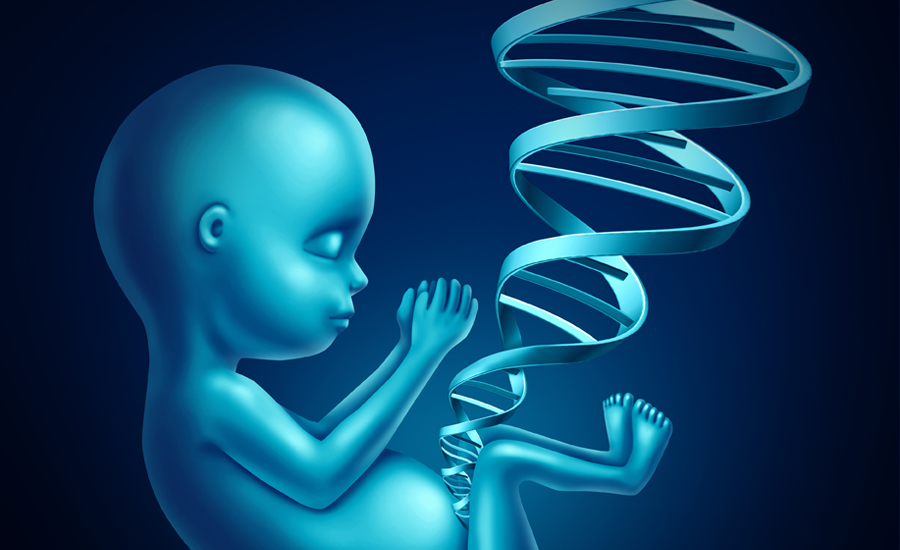How are genes involved in a developing hearing loss?
Hearing loss can develop due to a number of reasons. The loss can be caused by age, injury or exposure to loud sounds. However, another common cause is genetics.
What is genetic hearing loss?
Genetic hearing loss can be present at birth (also known as congenital hearing loss) or can be delayed onset, meaning the loss occurs over time but the root cause is still genetic.
Hearing loss caused by genetics can be related to other hereditary conditions. Other conditions that are related to hereditary, congenital hearing loss:
- Usher Syndrome
- Down Syndrome
- Waardenburg Syndrome
Progressive vs. Non-Progressive
Genetic hearing loss can be progressive or non-progressive.
Progressive hearing loss relates to the loss that develops, becoming progressively worse, over time. The level of loss and progression can vary in each ear.
Non-progressive hearing loss is when the degree of hearing remains stable over time.
Congenital vs. Delayed onset
Genetic hearing loss can also impact on an individual in relation to when it started to develop. In many cases, hearing loss caused by genetics will be present at birth. This is also known as congenital hearing loss.
The UK hearing charity, Action on Hearing Loss, estimates that one in every 1,600 children are born with a moderate or profound hearing loss as a result of genetics.
Genetic hearing loss may also be delayed onset, meaning the level of hearing does not deteriorate until later on in life.
Gene Therapy Research
Hearing loss that is caused by genetics is unlike other types of hearing loss, where the hair cells in the ear may get damaged over time. Because of the nature of genetic hearing loss, DNA mutations cause the hearing loss in most cases.
Recent research in gene theropy (conducted by Boston Children’s Hospital and Harvard Medical School), looked into ways in which hair cells may change because of gene mutation. As a result of the research, a virus that was genetically modified, was developed. The hope for the virus was that it corrected the genetic mutation of the hair cells.
The virus was given to profoundly deaf mice and the results found that the hearing levels of the mice improved significantly.
It was concluded after the study that the mice, although not fully deaf, did not have fully restored hearing. More research into the field is needed before human testing can begin.
What can be done?
If a child is born with hearing loss, whether due to genetics or another cause, they should receive assistance as soon as possible.
It is usually recommended that treatment should begin before a child reaches 6 months old, to ensure hearing loss does not affect their development in cognition and language skills.
There are a number of hearing solutions available for children and will mainly depend on the severity of the loss and the budgetary requirements of the family.
Delayed onset hearing loss can affect older children, teenagers and adults. Many solutions can be available to those who are older.
The use of hearing aids may benefit those who experience any type of hearing loss and can help an individual experience clearer hearing again.
Latest posts by Sally - Silversurfer's Editor (see all)
- Discover the beauty of Scotland with Largo Leisure Holidays - April 10, 2025
- Planning ahead for peace of mind - April 9, 2025
- 50+ and fearless: Breaking free from limiting beliefs to enjoy life - April 8, 2025
- Easter Simnel Muffins - April 8, 2025
- Easter egg hazards for dogs - April 8, 2025




















